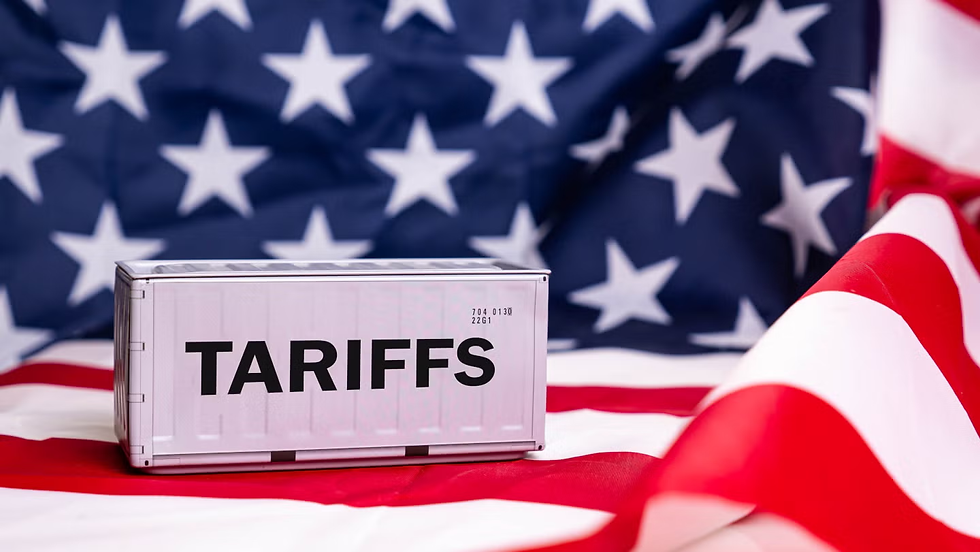Institutional Investors Overhaul Portfolios Amid U.S. Trade Policy Volatility, CoreData Finds
- Flexi Group
- Jul 31, 2025
- 2 min read
Nearly eight in 10 institutional investors worldwide are adjusting their portfolios—some through short-term tactical shifts, others with broader strategic changes—as they prepare for continued market turbulence sparked by President Trump’s trade agenda, according to new data from CoreData Research.

The Sydney-based research firm conducted a Q2 survey of 154 global institutional investors, revealing that 77% have implemented or are implementing portfolio changes in reaction to the shifting U.S. trade landscape. This includes a mix of tactical and long-term strategic decisions. Notably, 86% of European investors reported such changes, highlighting a growing skepticism about U.S. markets across the region. Sixty-five percent of European respondents identified as bearish on U.S. equities over the coming three months, compared with 49% of U.S. respondents and 50% from the Asia-Pacific region.
Among those making tactical moves, a significant majority are moving away from U.S. assets. Over half—56%—of all global respondents said they’ve reduced U.S. exposure, with that figure climbing to 63% among European institutions. Additionally, 49% reported cutting back on trade-sensitive assets; that number is higher in APAC, where 56% of investors indicated similar action. Other tactical reallocations include rotating out of growth stocks in favor of value or defensive sectors (41%), increasing allocations to cash (40%), and hedging exposure to the U.S. dollar (44%).
The research also highlights a broader concern that President Trump’s trade posture could have lasting global consequences for U.S. financial dominance. Sixty-nine percent of respondents believe Trump’s policies will speed up a global transition away from U.S. Treasuries and the dollar—a figure that rises to 82% among European investors. Furthermore, nearly two-thirds (64%) of investors worldwide expect U.S. trade policies to bring about persistently higher inflation and slower economic growth, with 74% of European investors echoing this concern.
Worries about U.S.-China trade relations remain at the forefront. One-third (32%) of those surveyed believe the two countries will fail to reach a trade agreement, resulting in the reimposition of trade barriers and ensuing economic disruption. This no-deal scenario is particularly feared among European respondents, 40% of whom anticipate serious upheaval if talks fall apart.
Yet despite the prevailing unease, a cautious optimism endures: 66% of global investors still expect a trade agreement between Washington and Beijing to materialize within the next year, which they believe could curb further market volatility. Investors in the Asia-Pacific region were the most optimistic, with 73% expressing hope for a deal, compared to 69% of U.S. respondents and 58% of Europeans.
“The research suggests that any optimism institutional investors have about the world’s most important trade negotiations belies a sense that global trade already has irrevocably changed, and thus, portfolio construction must adapt to a new reality,” said Michael Morley, head of CoreData U.S. “With a wide range of economic scenarios now very much in play, institutions are looking at ways to de-risk and build greater portfolio resilience.”
The survey was conducted during the second quarter of 2025 and included 132 institutional investors and 22 institutional consultants managing or overseeing more than $4.9 trillion in assets globally. Participants included a broad array of entities, such as public and private pension funds, insurance firms, foundations, endowments, family offices, and institutional investment consulting groups.
By fLEXI tEAM





Comments